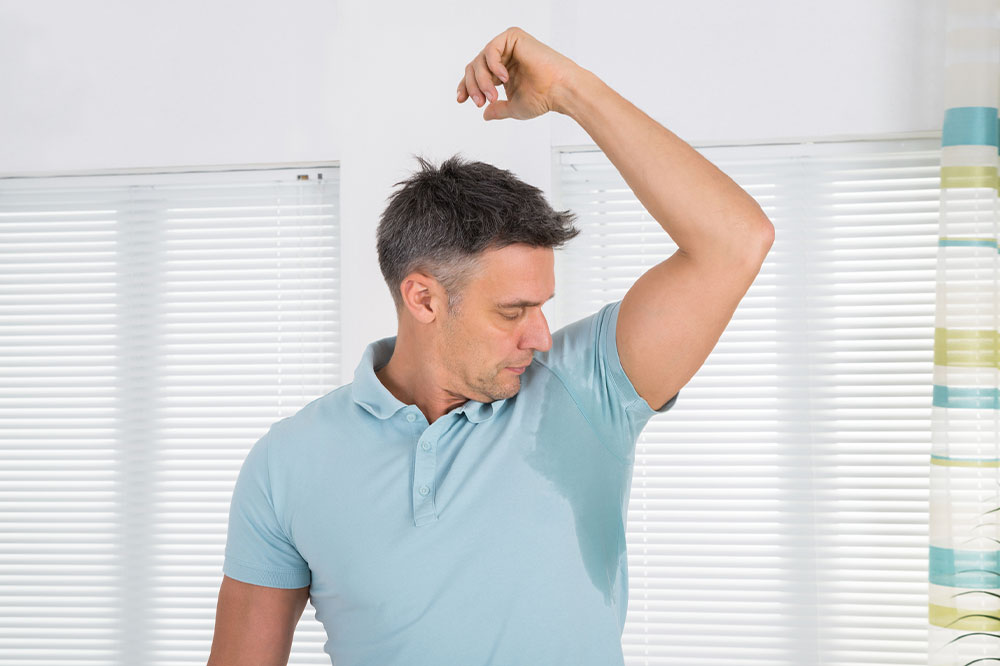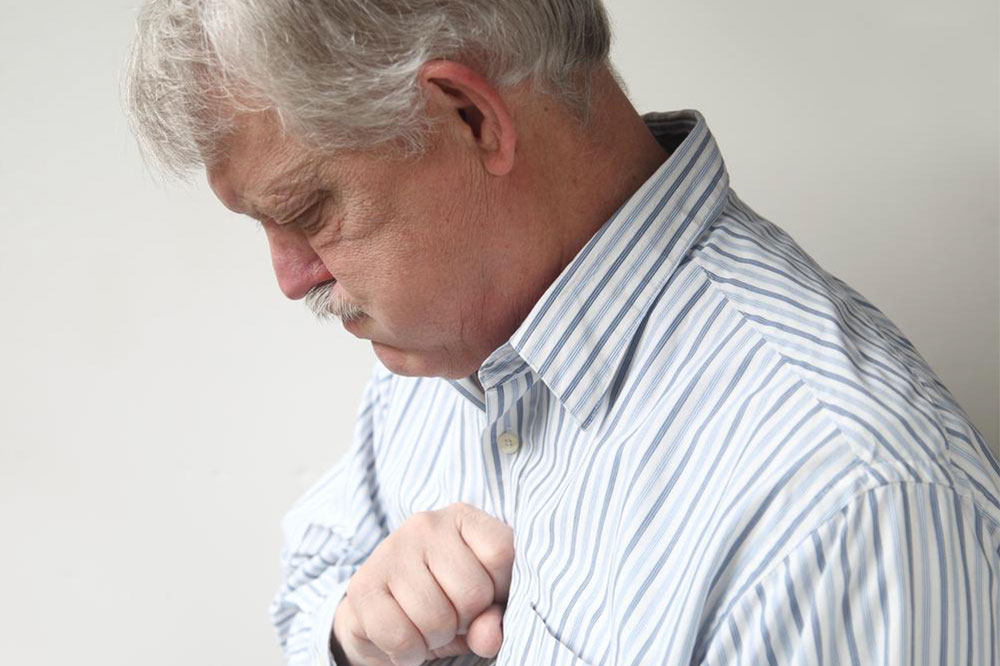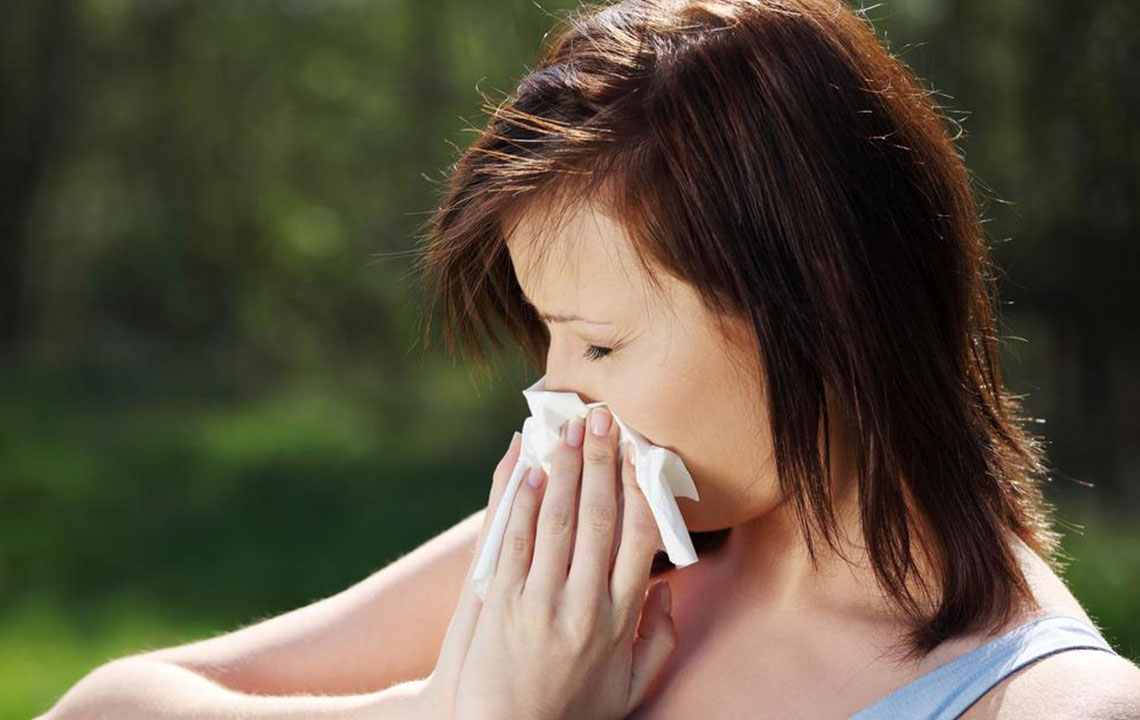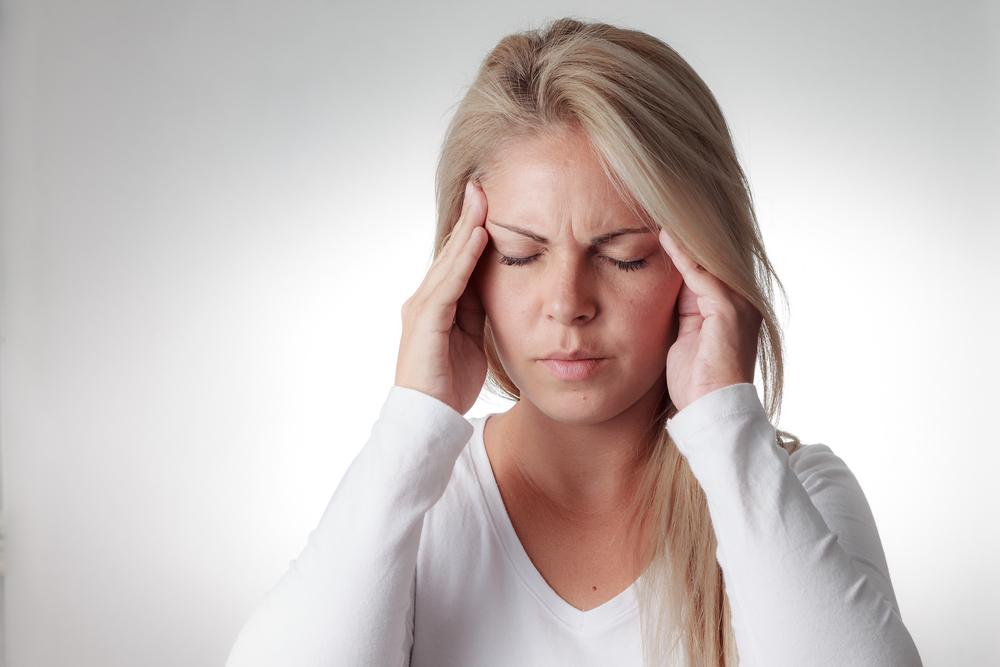Understanding Night Sweats: Causes, Prevention, and Treatment Strategies
Night sweats, characterized by excessive sweating during sleep, can stem from various health issues including hormonal changes, infections, or medications. Prevention involves lifestyle adjustments like cool sleeping environments and stress management. For persistent cases, medical interventions such as hormonal therapy or treating underlying illnesses are recommended. Recognizing the causes early is crucial for effective treatment, ensuring better sleep quality and overall health. Consulting a healthcare provider is advised if symptoms last beyond two weeks.
Sponsored

Night sweating involves excessive perspiration during sleep, often soaking clothes and bedding and disrupting rest. It’s commonly linked to underlying health issues or infections. Night sweats may also be accompanied by symptoms like coughing or difficulty breathing, further disturbing sleep. Recognizing the root causes and seeking timely medical advice is essential for effective management.
Causes of Night Sweats
Normal sweating helps regulate body temperature, but excessive sweating indicates something more serious.
Common factors leading to night sweats include:
Medications like fever reducers (ibuprofen, acetaminophen) can trigger excessive sweating as a side effect.
Antidepressants and medications that increase serotonin can cause night sweats.
Neurological conditions such as neuropathy disrupt nerve function, resulting in night sweats.
Hormonal changes, especially during menopause or hyperthyroidism, can lead to abnormal sweating patterns.
Blood sugar fluctuations, especially in diabetics on hypoglycemic drugs, may cause night sweating due to low blood glucose levels.
Underlying infections like tuberculosis, abscesses, or endocarditis, and cancers such as lymphoma, are associated with night sweats.
Other causes include anxiety, sleep disorders, and specific illnesses like valley fever.
To prevent night sweats, lifestyle modifications are helpful:
Avoid spicy foods and caffeine before bedtime.
Wear lightweight, breathable clothing such as cotton.
Sleep in a cool, well-ventilated environment, avoiding heavy bedding.
Take a cold shower or splash cold water before bed.
Manage stress through relaxation techniques like meditation and ensure adequate sleep patterns.
For persistent or severe night sweats, medical treatment may be necessary:
Addressing infections with antibiotics or antivirals can resolve sweating caused by illness.
Hormonal therapies may help women during menopause or hormonal imbalances.
Hormone level testing and treatment can correct disbalances causing night sweats.
Psychotherapy or counseling may assist in reducing stress-related sweating episodes.
Prompt diagnosis and treatment of underlying conditions are vital to controlling night sweats. If symptoms persist over two weeks or worsen, consulting a healthcare professional is essential. Proper management not only relieves discomfort but also screens for serious health issues associated with night sweating.






